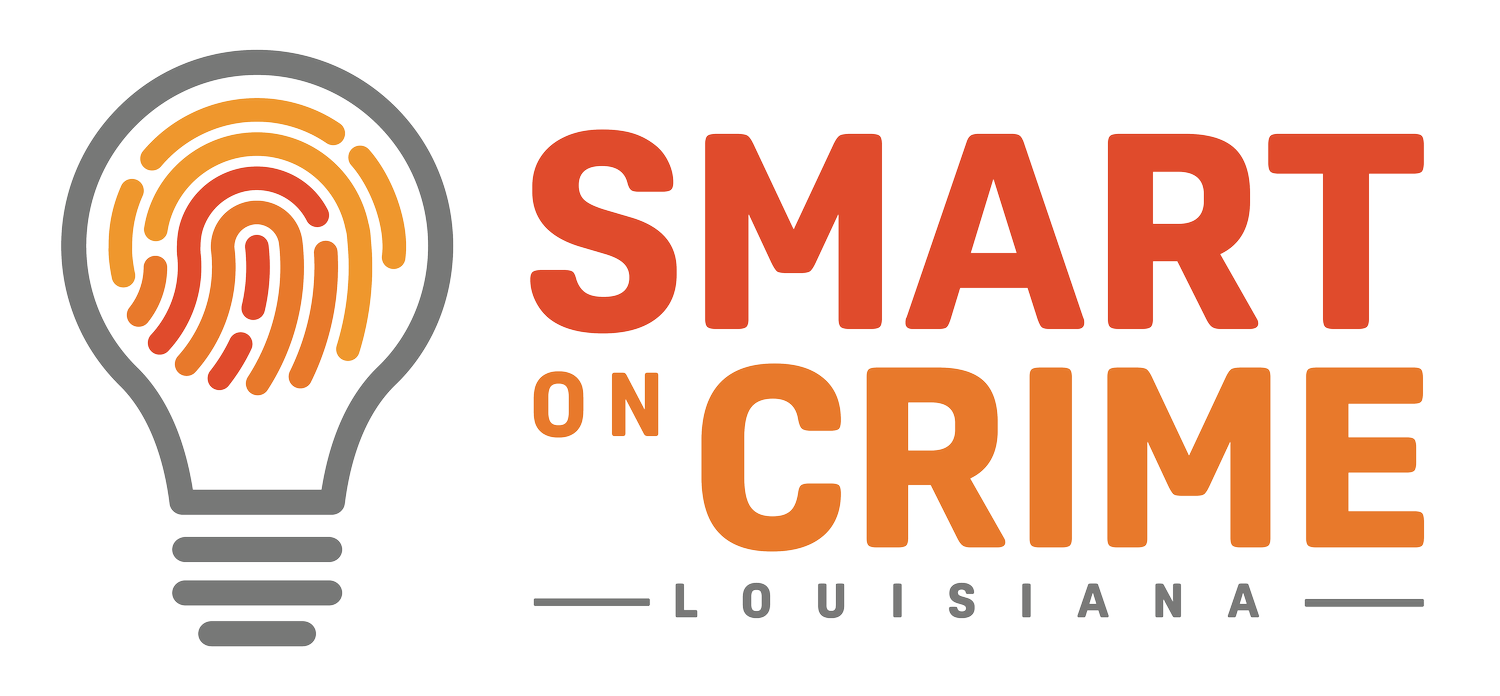The Promise of Parole: How Effective Reentry Programs Change Lives
Parole, the conditional and supervised release of prisoners before the end of their sentence, is an oft overlooked step in the journey of those who have been convicted of crimes. In Louisiana alone, there are roughly 18,000 paroled individuals. Once they leave prison and begin the transition back into society, they often navigate significant barriers that make it difficult to find work and to rejoin their communities as productive citizens.
For many, the process of parole proves an unsuccessful endeavor. A 2024 study from Arnold Ventures and the Council of State Governments quantified that one in four people in prison are incarcerated because they violated the terms of their supervision.
Reentry programs for parolees are a data-backed solution to the all too common cycle of supervised release and recidivism. Effective programs can offer an alternative to the formerly incarcerated, while bolstering the capable workforce of their state.
Reentry initiatives encompass an array of programs that ease the transition between environments. Basic education, occupational training, faith-based training, substance abuse programs, mental health treatment, and values development are all included under the broader umbrella of rehabilitation. The Louisiana Department of Corrections (DOC) currently lists 10 regional reentry programs across the state.
In Louisiana, participants regularly celebrate graduations from unique, data-based reentry programs. Day-reporting centers, like those in Shreveport and Baton Rouge, offer a home base to parolees, with daily check-ins, classes, and community. Thinking outside of traditional supervision practices, the day centers take a holistic approach to reintegration.
Proven methods of cognitive behavioral therapy, community connections, employment readiness training, and transition celebrations are all part of the larger rehabilitation picture. When done well, these services equip participants with the skills and networks they need to chart a productive path and avoid negative behaviors that lead to recidivism. Once completed, the graduations in which they participate are joyous events where graduates and communities beam with hope for the future.
In the 2024 special session on crime, Louisiana effectively ended opportunities for prisoners to complete their sentences on parole going forward. This came alongside other legislation passed not only in Louisiana, but across the nation, aimed at taking a tougher approach to crime. However, an examination of the impact that reentry programs can have on long-term metrics, not only recidivism but also workforce participation, reveals that such measures may be short-sighted. Eliminating the opportunity for supervised reentry and rehabilitation removes one of the more successful, evidence-backed tools that combats the all too common pitfalls in the complex justice process.
Last month, we presented the resounding evidence in favor of prison education programs impact on reducing recidivism. Reentry programs for parolees have a similar effect and are a vital continuation of in-prison efforts. Reduced recidivism rates save valuable taxpayer dollars, but data-based reentry programs have more immediate advantages than just long term savings. The formerly incarcerated can serve our state’s businesses as well as those businesses the state seeks to attract. The US Chamber of Commerce categorized Louisiana as “severely impacted” by the worker shortage crisis. Workforce Secretary Susie Schowen often cites the state’s low labor participation rate, which currently stands at 43rd in the country at 58.7%. Effective reentry efforts can play a big role in addressing that need.
Identifying and analyzing data from effective reentry practices and programs is a critical component of state criminal justice efforts. Louisiana could benefit from having a body of executive, legislative, and judicial representatives to evaluate what works when it comes to effectively reducing recidivism and increasing public safety long-term. They are likely to find, as other states have found, that when proven strategies are pursued, individuals, communities, taxpayers, and businesses all stand to benefit.
